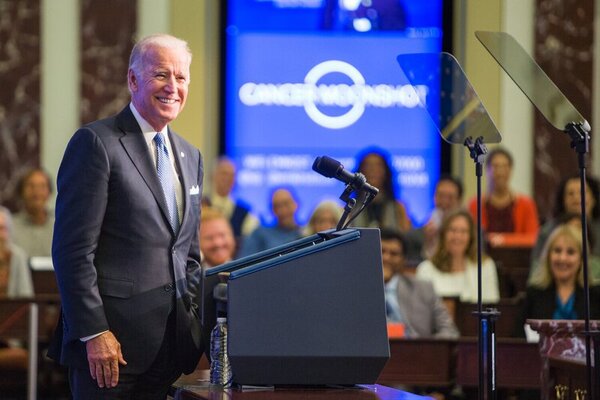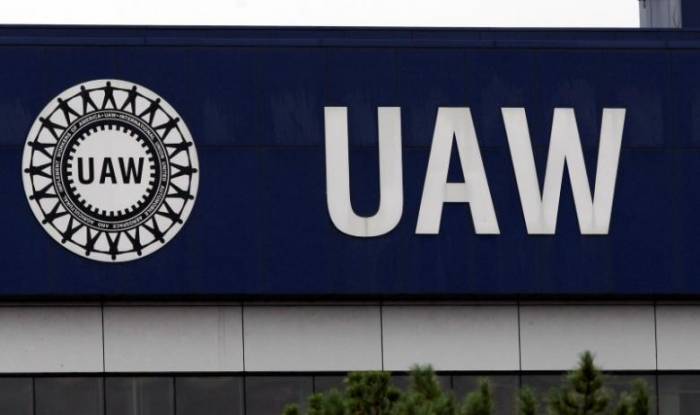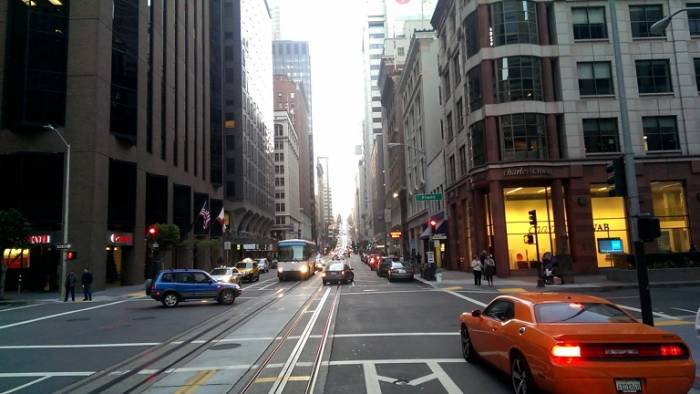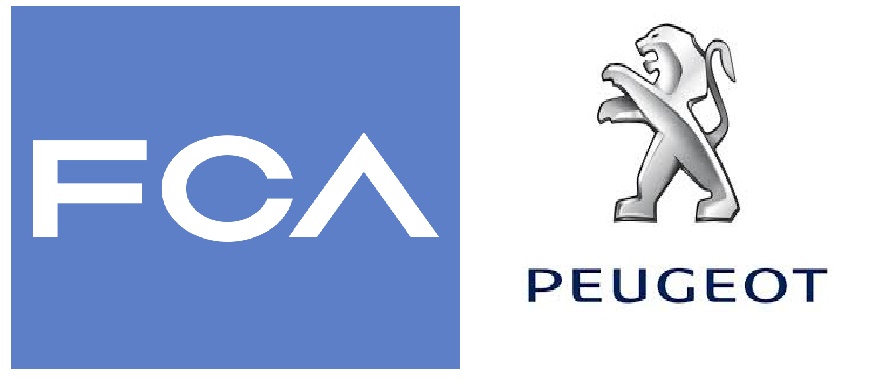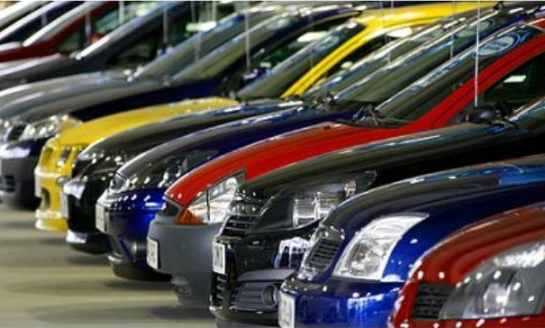Now Reading: Automakers to pay nearly $3 billion in new U.S. tariffs under USMCA
-
01
Automakers to pay nearly $3 billion in new U.S. tariffs under USMCA
Automakers to pay nearly $3 billion in new U.S. tariffs under USMCA
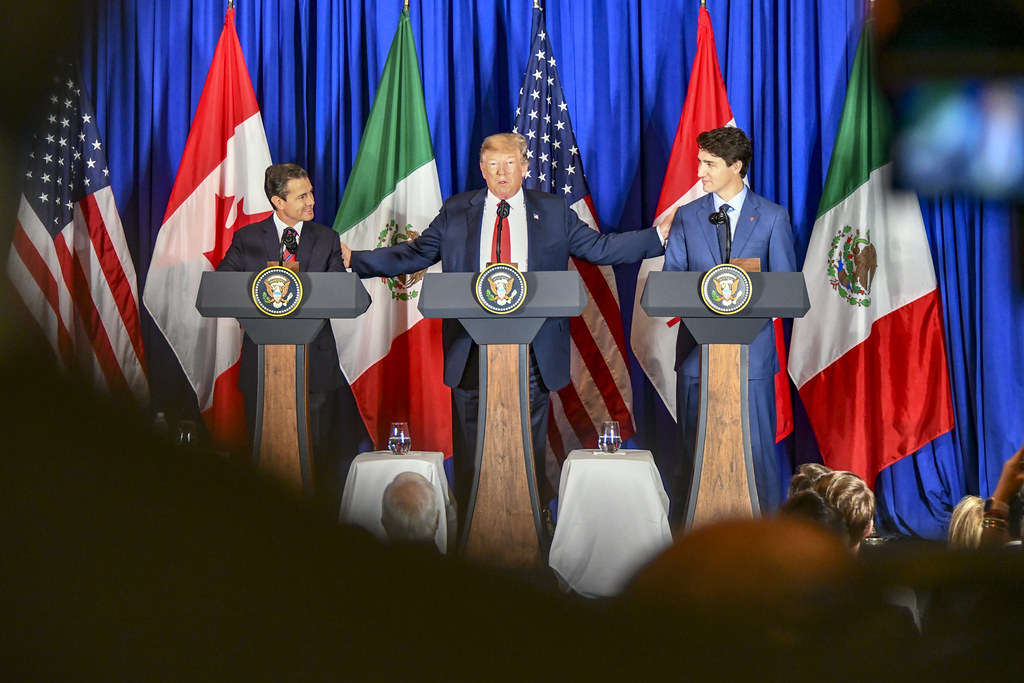
U.S. President Donald Trump’s modification of North American trade rules will cost automakers almost $3 billion more in tariffs during the next decade for cars and parts that will not meet higher regional content requirements during the next decade, the Congressional Budget Office (CBO) calculated.
The estimate was contained in the non-partisan budget referee agency’s cost estimate of implementing legislation for the new U.S.-Mexico-Canada Agreement, which is set to be considered by the U.S. House of Representatives on Thursday.
USMCA would replace the 26-year-old North American Free Trade Agreement (NAFTA) and is expected to pass the House with support from Republicans and Democrats.
For autos to receive tariff-free access between the three nations, the USMCA imposes a 75% regional content requirement, increasing from 62.5% in NAFTA, together with new mandates to use North American steel and aluminum.
Furthermore, 40% to 45% of vehicle content will have to come from high-wage areas paying over $16 an hour, generally the United States and Canada. Some vehicles produced in Mexico generally with components from Mexico and outside the location may not qualify for U.S. tariff-free access.
CBO stated its estimate assumes that some automobiles and parts would not be eligible for USMCA’s tariff-free access.
“Because of that change in eligibility, CBO projects that duty-free imports of vehicles and parts into the United States from the USMCA partner countries would decline,” the agency stated.
While it stated that a portion of those vehicles and parts would be replaced by U.S. production, some imports of non-USMCA-compliant automobiles and parts would continue, getting less favorable treatment.
Stay Informed With the Latest & Most Important News
Previous Post
Next Post
-
 01Polestar Boss Says It’s Time To Outrun BMW M And Mercedes-AMG
01Polestar Boss Says It’s Time To Outrun BMW M And Mercedes-AMG -
 02Spy Shots: 2027 Mitsubishi Pajero Spotted in Testing Ahead of Possible U.S. Return
02Spy Shots: 2027 Mitsubishi Pajero Spotted in Testing Ahead of Possible U.S. Return -
 032026 Toyota Hilux EV: A Powerful Truck with Silent Torque
032026 Toyota Hilux EV: A Powerful Truck with Silent Torque -
![2027 Mercedes-Benz S-Class Debuts with V8 Engine [Photo Gallery]](https://speedlux.com/wp-content/uploads/2026/01/2027-Mercedes-Benz-S-Class-33-155x125.jpg) 042027 Mercedes-Benz S-Class Debuts with V8 Engine [Photo Gallery]
042027 Mercedes-Benz S-Class Debuts with V8 Engine [Photo Gallery] -
 052026 Corvette ZR1 Production Surges Past Expectations as Output Clears 1,000 Units
052026 Corvette ZR1 Production Surges Past Expectations as Output Clears 1,000 Units -
 06Spy Photos: VW ID. Polo GTI Goes Electric with 223 HP and 280 Miles of Range
06Spy Photos: VW ID. Polo GTI Goes Electric with 223 HP and 280 Miles of Range -
 07The Controversial Ford Voodoo V8 That Was Killed Off Too Early
07The Controversial Ford Voodoo V8 That Was Killed Off Too Early



![2027 Mercedes-Benz S-Class Debuts with V8 Engine [Photo Gallery]](https://speedlux.com/wp-content/uploads/2026/01/2027-Mercedes-Benz-S-Class-33-700x394.jpg)




































